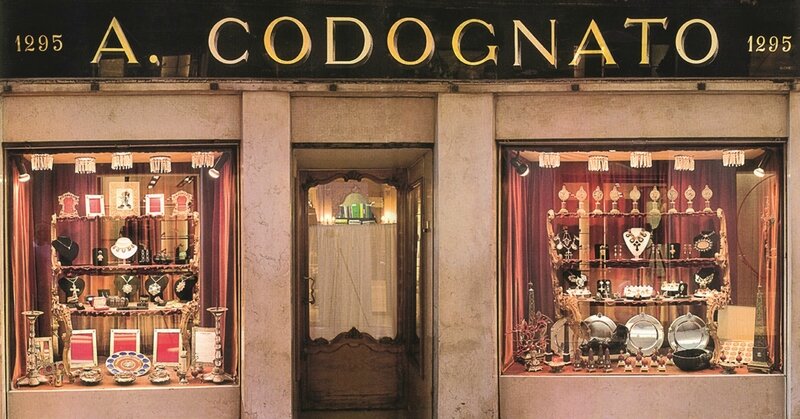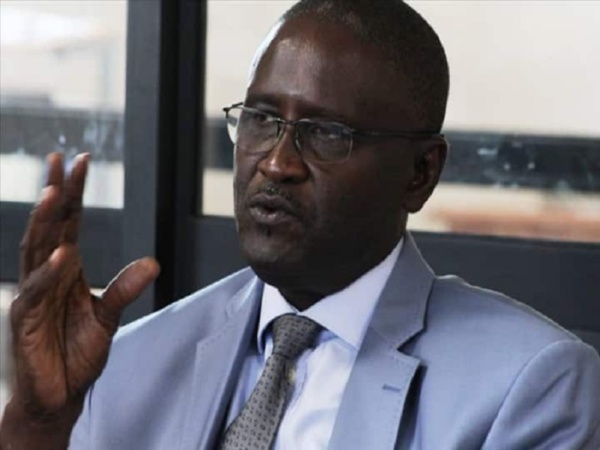 published 29/11/2012 at 12:03 by Karel Janicek
published 29/11/2012 at 12:03 by Karel Janicek
Prague conference calls on European governments to fulfill pledges to return real estate or provide fair compensation.

American lawyer and IPRC (Immovable Property Review Conference) co-chairman Stuart E. Eizenstat talks to journalists in Prague, on Wednesday, November 28, 2012
PRAGUE (AP) — More than 67 years after the Holocaust, Jirina Novakova refuses to give up her battle to regain property confiscated from her family.
Her hopes got a boost two years ago when 43 countries vowed at a Prague conference to back global guidelines for the restitution of property confiscated from Jews during World War II to their
rightful owners or heirs. The nations pledged to try harder to return real estate stolen by the Nazis, open archives that might help those dispossessed and to process claims for restitution
faster. She thought that show of international determination would pressure her country, the Czech Republic, and help her finally win a court battle to get back a button factory seized from her
family by the Nazis.
But the 62-year-old is still waiting.
This week, Novakova was among 200 people from 41 countries attending another international conference in Prague to review the progress made and put renewed pressure on European governments to
restitute such property or provide fair compensation.
Shortly after the 2010 conference, the Czech Constitutional Court overturned a 2009 Supreme Court ruling and earlier lower court rulings in favor of Novakova and other relatives seeking the
return of the Koh-i-noor button factory in Prague.
Originally owned by her grandfather, Zikmund Waldes, it was seized by the Nazis in 1939 during their occupation of what was then Czechoslovakia. The factory was nationalized by the communists
after the war in 1945. After the fall of communism, the state sold the factory to a private owner in 1994. No compensation was ever paid to the family.
The 2010 agreement “didn’t help at all,” Novakova said. “It’s a little bit depressing.”
But she refuses to give up. Now she is challenging the Constitutional Court’s ruling and vowed to go next to international courts if she loses her appeal.
“I still have hope,” she said.
The two-day conference in Prague ended Wednesday with new calls for restitution.
“While progress has taken place since the fall of Communism and the subsequent breakup of the Soviet Union, there remains an urgent need to help the tens of thousands of elderly Holocaust victims
and their heirs whose property claims remain unsatisfied,” Ronald Lauder, president of the World Jewish Restitution Organization, said in a statement.
Some at the conference, however, say they have seen some progress.
“It’s too easy to be pessimistic,” said Stuart Eizenstat, a special adviser to the US Secretary of State on Holocaust issues. “These conferences are not simply an exercising in speaking. They are
peer reviews, they encourage action. Their declarations, even though not legally binding, have made profound differences in the ways in which countries have tackled this problem.”
Eizenstat highlighted Germany and Austria as models for others for their property restitution and compensation laws.
But he also noted that post-communists countries, including Czech Republic, Poland Lithuania, Hungary, Romania have been doing well at returning communal Jewish property such as synagogues and
cemeteries. But he said many of these countries have not done as well compensating for private property like homes and factories.
Poland, in particular, is often criticized for failing to pass legislation that would compensate Jews for their losses in the Holocaust. Once home to Europe’s largest Jewish community, Poland had
for many years vowed to tackle the problem, but in 2011, Prime Minister Donald Tusk’s government suspended work on a compensation law, saying a rising state deficit left it unable to afford such
payments.
Eizenstat said the struggle would go on.
“What we’re doing is we’re moving beyond the pledges that were made in 2010 to look at the concrete actions that have been taken,” Eizenstat said. “We need to help survivors in their lifetime.”














